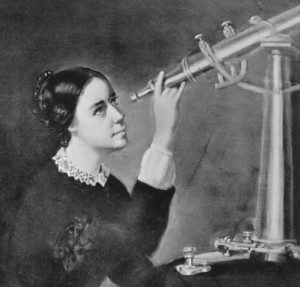Ted Underwood, contributor to Representations‘ recent special forum Search, continues his engagement with digital questions on his own blog, The Stone and the Shell, with 
Distant Reading and the Blurry Edges of Genre.
Having just spent two years attempting to subdivide an entire digital library by genre, Underwood encountered some interesting problems. “In particular, the problem of ‘dividing a library by genre,’” he says, “has made me realize that literary studies is constituted by exclusions that are a bit larger and more arbitrary than I used to think.”
Underwood’s contribution to the Representations Search forum, Theorizing Research Practices We Forgot to Theorize Twenty Years Ago, asks what it means to say that search plays an “evidentiary role in scholarship”:
“Quantitative methods have been central to the humanities since scholars began relying on full-text search to map archives. But the intellectual implications of search technology are rendered opaque by humanists’ habit of considering algorithms as arbitrary tools. To reflect more philosophically, and creatively, on the hermeneutic options available to us, humanists may need to converse with disciplines that understand algorithms as principled epistemological theories. We need computer science, in other words, not as a source of tools but as a theoretical interlocutor.”
Full text of this article can be found here.


